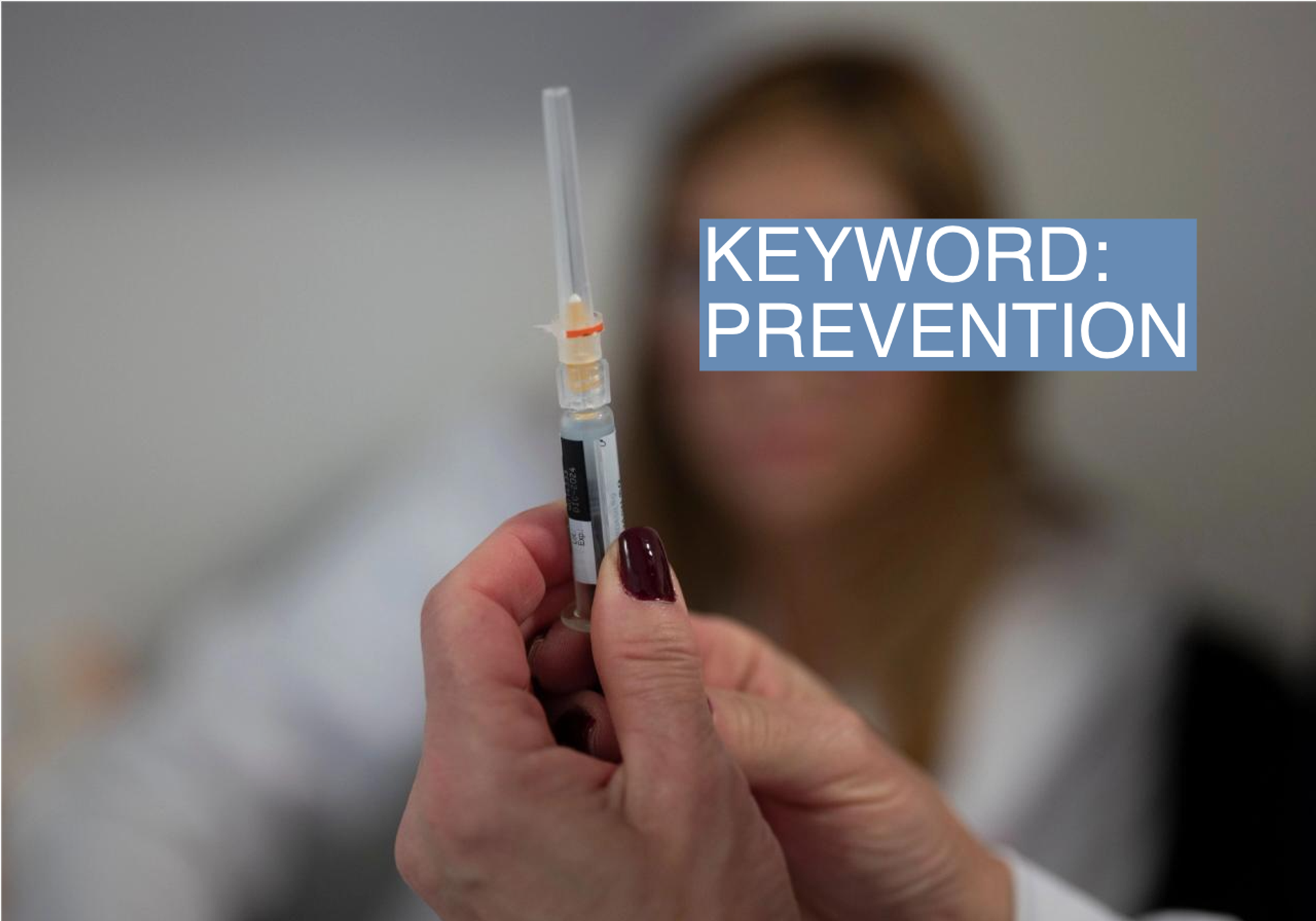The News
A new study found no cases of cervical cancer in young women who were fully vaccinated for the human papillomavirus, or HPV, at age 12 or 13. Those who were vaccinated between the ages of 14 and 22 also saw drastically lowered risk of cervical cancer compared to unvaccinated women, according to the study from Public Health Scotland.
HPV is the most common sexually-transmitted infection in the world — and the virus is thought to be responsible for 99% of cervical cancers, as well as the vast majority of anal, vaginal, vulvar, and penile cancers. While most cases go away on their own within two years and without complications, longer-term HPV can cause health problems like genital warts and several kinds of cancer.
Public Health Scotland’s research found the HPV vaccine “highly effective” in preventing the development of cervical cancer. Girls 12-13 years old should receive two doses of the vaccine, it concluded, while older patients should receive three.
SIGNALS
Screening for cervical cancer is still critical
Public Health Scotland experts said while widespread vaccination against HPV is expected to reduce related cancers, the vaccine doesn’t guard against all kinds of cancer-causing HPV. “It’s still important that you go for regular cervical screening,” one doctor said. Screenings can catch cervical cell changes at an early stage, making them easier to treat before they turn into cancer.
Cervical cancer should be a ‘never’ event, but rate of under-screened women is rising
“This is the one cancer we can prevent,” the chief of obstetrics and gynecology at New York-Presbyterian Brooklyn Methodist Hospital told the magazine Prevention. “At this point, cervical cancer should be a ‘never’ event.” Another doctor said women are still getting the disease because they’re “falling through the cracks in our health care system.”
An estimated 30% of women in the U.S. are under-screened or not screened at all for cervical cancer, and the rate is rising. The White House’s Cancer Moonshot and the American Cancer Society have both advocated for at-home testing kits to expand access, Forbes reported, though the FDA hasn’t yet approved the technology.
Women over 30 could be left behind
“We need to make sure we are not forgetting about that generation that was a little too old for HPV vaccination,” a population health professor told NBC News. Among women aged 20 to 24, cervical cancer rates dropped by 65% from 2012 to 2019. But in slightly older women, rates inched upward. Cervical cancer diagnosis among women aged 30 to 44 rose almost 2% a year in the same period. And cervical cancer survival rates for women 65 and older have declined, a study from UC Davis Health found.

